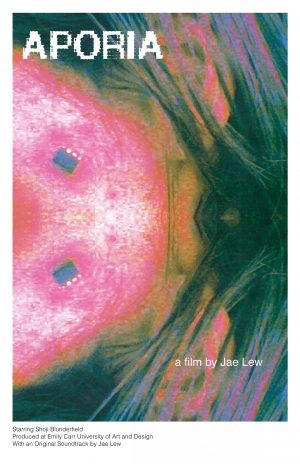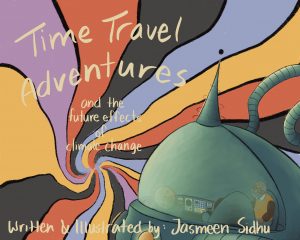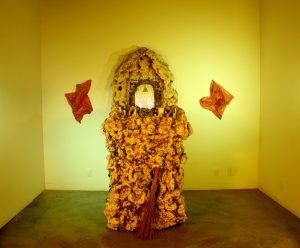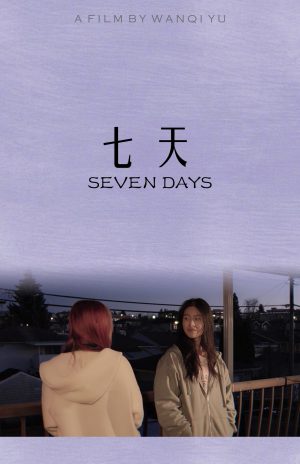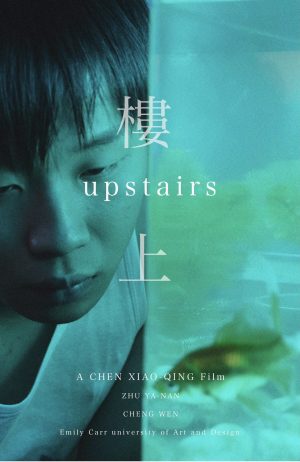Elizabeth’s Rhapsody
Xinlian Xu
Xinlian Xu’s Artist Statement
Through my work, I attempt to examine human emotions with compassion and narrate them through my perspective. What began as a personal journey of creating impressionism paintings has translated into media-based artworks like film and photography, which construct my current style— Mise-en-scène —detailing and richness of the objects’ colours with dramatic lighting. I explore notions of love, cycles of death and life, and the meanings of life in an atmosphere of romanticism and melancholy.
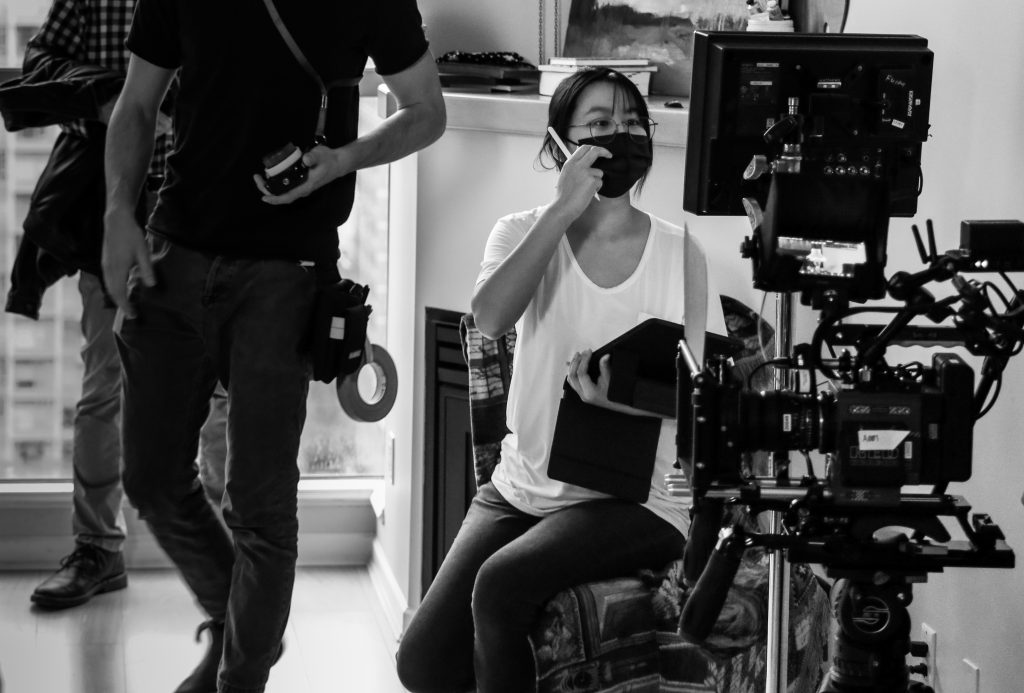
Director’s bio
Xinlian (Esther) Xu is a filmmaker and photographer based in the unceded territories of Squamish, Musqueam and Tsleil-Waututh Nations (known as Vancouver, Canada). Esther graduated with a Bachelor of Media Arts from Emily Carr University of Art + Design, majoring in Film with a minor in Curatorial Practice. She actively volunteers in collaborative projects of photographs and films with students and professionals. Her work is rooted in directing, on-set photography, set design, art direction, and creative production and lighting as a medium for narrative storytelling. Her inspiration for producing artwork is from her life experience as a female in society and informed by a Chinese artist in Canada. She wrote and directed Elizabeth’s Rhapsody: a staged drama in 2019. Then, she moved the ream of theatre into cinema in 2021. She is passionate about recording the world in her eyes through imageries.
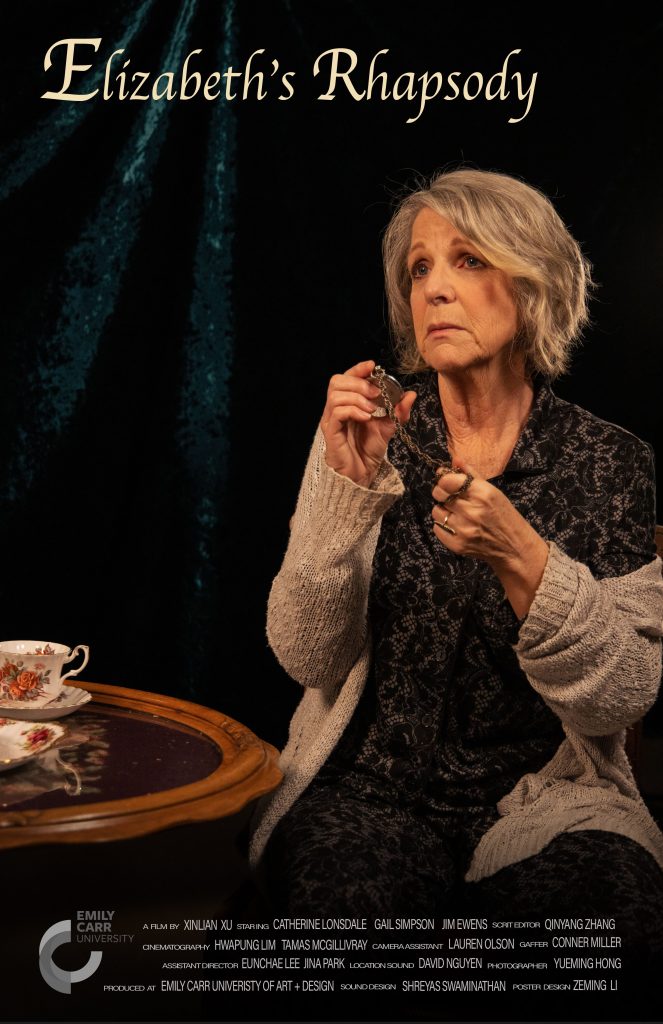
A solitary woman reads the diary from her early adulthood to comfort her emptiness.
Project description/ Behind the story
It is a story of a solitary woman waiting for her husband to come back, while the schizophrenic woman with dementia gets stuck in the present, and she gets lost in trauma. The story is inspired by existentialism and its representative plays; for example, The Myth of Sisyphus and Waiting for Godot. In The Myth of Sisyphus, a man is condemned to roll the rock to the top of the mountain only to see it falls to the original place. The absurdity is that the man feels existence from the repetitive and meaningless task. In Samul Beckett’s play, Waiting for Godot, two characters Vladimir and Estragon, engage in a variety of discussions and encounter each other when they are waiting for Godot. They keep blathering in this way to make meaning for their life. In Elizabeth’s Rhapsody, the solitary woman reads her diary to comfort her emptiness. The memory is so remote that she feels like reading other people’s stories in her journal. Elizabeth’s Rhapsody explores the discourse of the living crisis with absurdity and melancholy.
The audience needs to know the story because society always pays attention to youth, wealth, and sex while everyone will age one day. How do we deal with the love, regret, hate, and all the emotions we experienced in the past? When Elizabeth reads the diary, the story feels familiar yet remote to her. At the end of our life, are all the stories important anymore? Besides, I am inspired by The Tibetan Book of Living and Dying, a book written by a Buddhist. Buddhists believe that people are all in the repeated circles of living and dying, and we have different identities in each life. People are born to experience the world instead of immersing themselves in the material world or getting stuck in a certain kind of emotion whatever it’s love or trauma. Elizabeth’s story is unique but also universal. As the name of Elizabeth is commonly used by numerous people in the world. The film involves my philosophical thinking about the self, the experience, and life. It is a thoughtful story worthy of sharing. I hope the film can raise people’s awareness of taking care of our senior people in society and thinking about the meaning of their lives in the present while getting released from the pain of their past.
